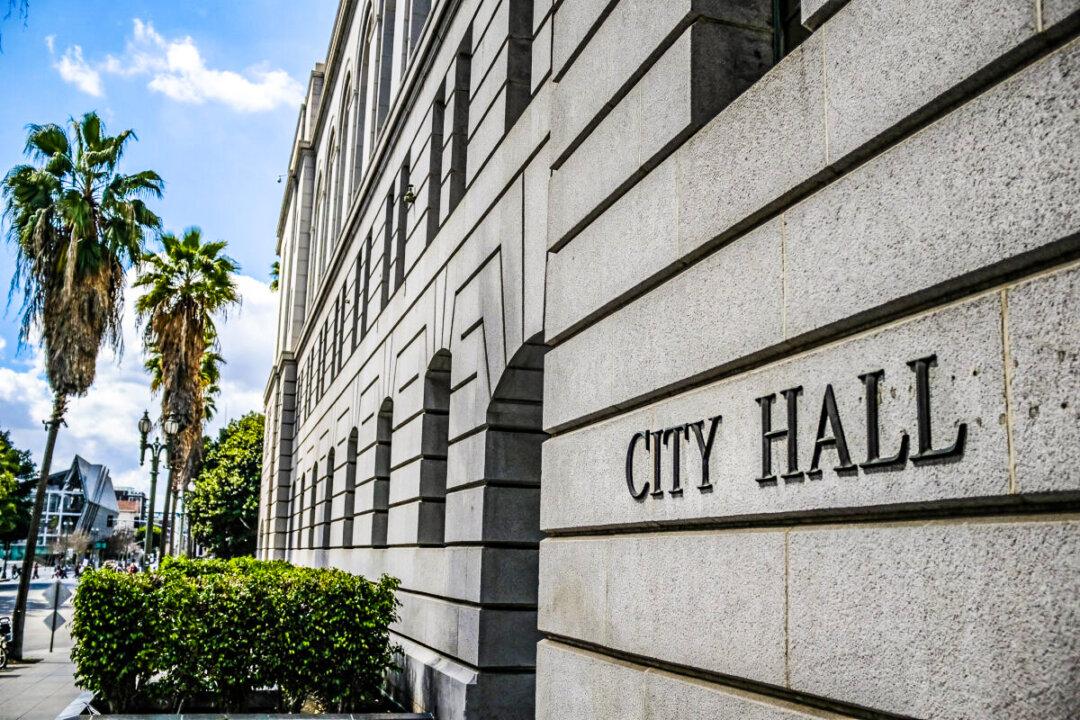LOS ANGELES—A real estate developer was found guilty on June 27 of paying a $500,000 bribe to then-Los Angeles City Councilman José Huizar in order to “grease the wheels” for the approval of a downtown condominium project.
Dae Yong “David” Lee, 57, of Bel Air, was the first defendant to go on trial in the City Hall corruption scandal surrounding Huizar and his associates.





